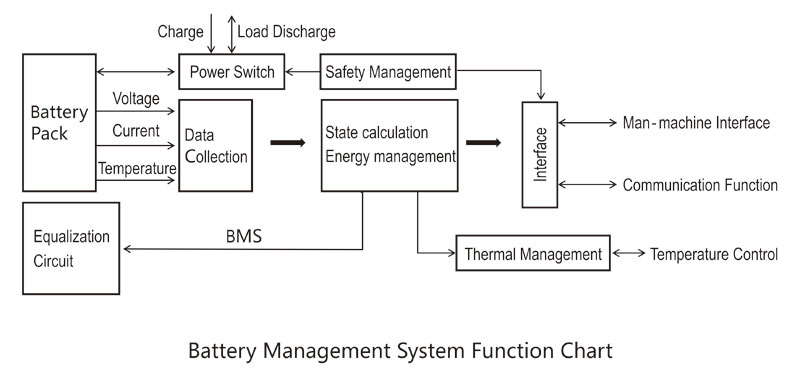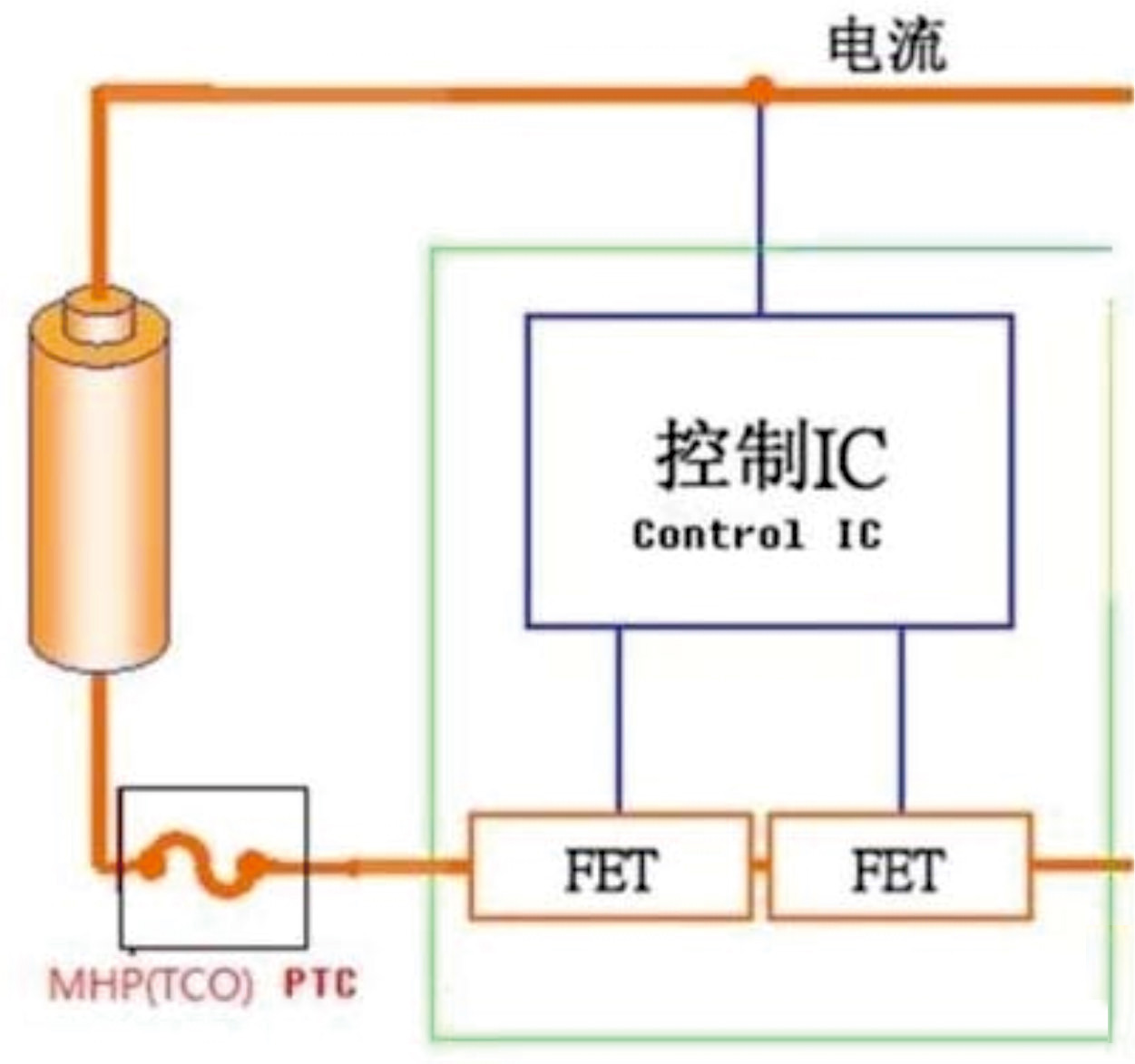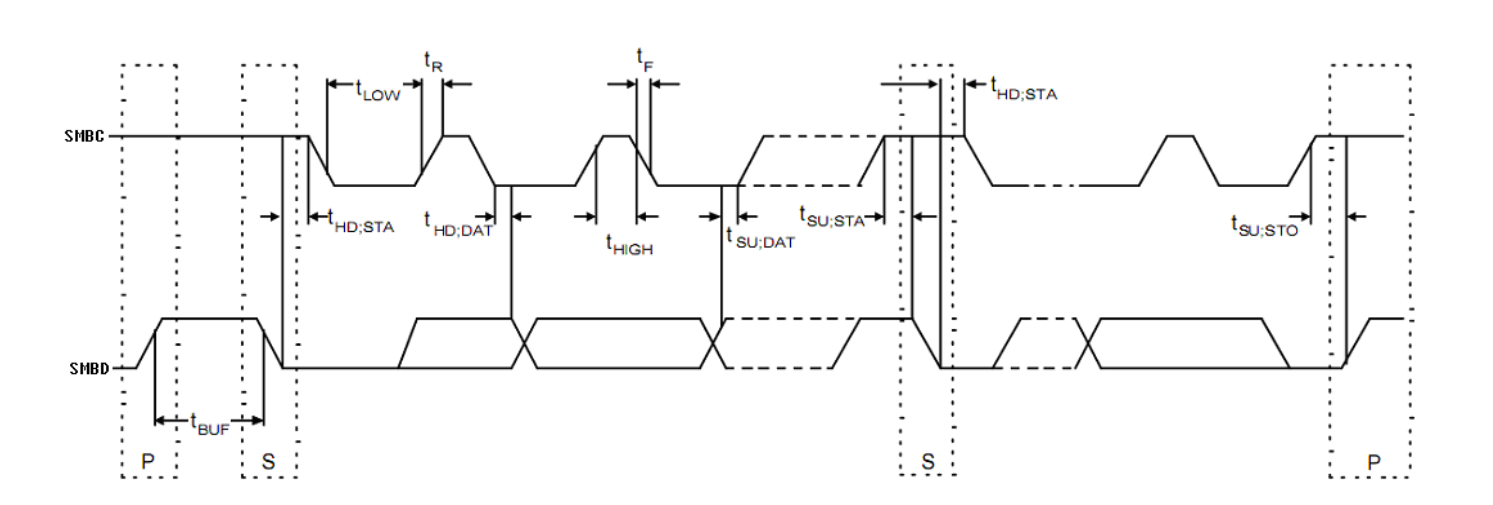Smart battery management system
Published time: 2017-6-28 10:09:15, Publisher:
Smart Battery Systems (SBS) is a branch and an important part of modern power technology. Smart battery system function to measure, calculate and store battery data through internal electronic circuits, and make usage and management of power become more predictable. The basic functions of the battery management system are divided into three parts: detection, management, protection. Specifically, it mainly concludes of data acquisition, status monitoring, balanced controlling, thermal management, security protection, information management, etc.

Battery parameter acquisition
Battery parameter acquisition mainly includes the collection of single cell voltage, the system current, the system temperature, which can be used to judge the battery remaining power, and fault protection. Voltage of Lithium-ion battery reflects the performance of the battery, both for protection of overcharge, over discharge, and also for the indication of remaining power of lithium-ion battery. System current collection can be used to check whether there is over-discharge or over-current, and to estimate the remaining battery power. System temperature is mainly to prevent the battery from over-temperature, which leads to security incidents, and compensate for the remaining capacity calculation. The remaining power is an important parameter to reflect the performance of the battery,it’s also the basis judgment for main engine of charge, discharge. Accurate estimation of the remaining power can protect the battery, to prevent overcharge, over discharge occurs, to facilitate customers to make a reasonable time schedule.
Battery pack fault protection
When using a lithium-ion battery, a battery pack failure protection should be provided, overheating or overcharge, which may cause fire or explosion. Smart battery management system concludes of primary protection and secondary protection. The primary protection detects the current, voltage and temperature and the remaining power so as identify if any dangerous such as overcharge, over discharge, over temperature, over-current and short circuit occurs, and then shut down corresponding, to protect battery pack from damaging. Secondary protection functions as backup protection in case of primary protection failure through fuse fusing to shut down the battery pack permanently, to prevent the battery from charging and discharging in dangerous conditions.

Cell balance
Due to the limitation of lithium-ion battery production technology, as well as the influences of discharge rate and temperature on battery, there are differences in voltage, internal resistance and capacity between the individual cells in the battery pack, and the differences become more obviously after several cycles, which leads to the average cycle life of battery becomes much shorter than single cell. Meanwhile, since lithium-ion batteries require much strictly on charge and discharge, when overcharge, over discharge, overcurrent and short circuit, etc. The internal heat increased significantly, which prone to spark, burning or even explosion, cell balanced measures must be taken to ensure safety and stability.
SMBus communication
The system management bus (SMBus) is a two-wire interface to ensure the communication between equipment and other parts of the system. SMBus provides a control bus for system and power management related purpose based on I2C operating principle. A system can communicate with multiple devices without the adoption of independent control lines. The intelligent management system needs to provide
SMBus, wire to host to read the conversion data and status, and control the intelligent battery management system according to the requirement of host.





